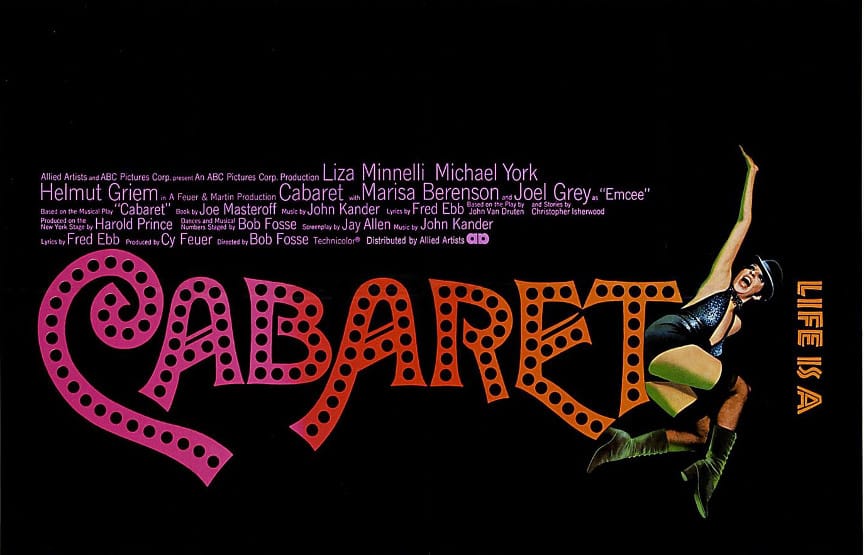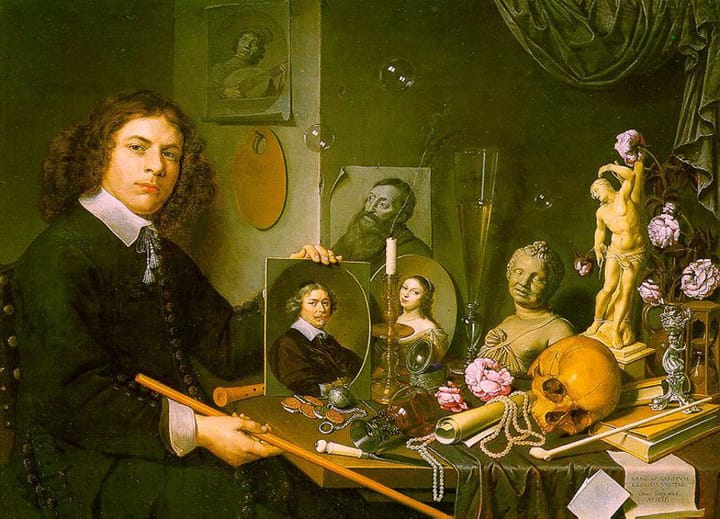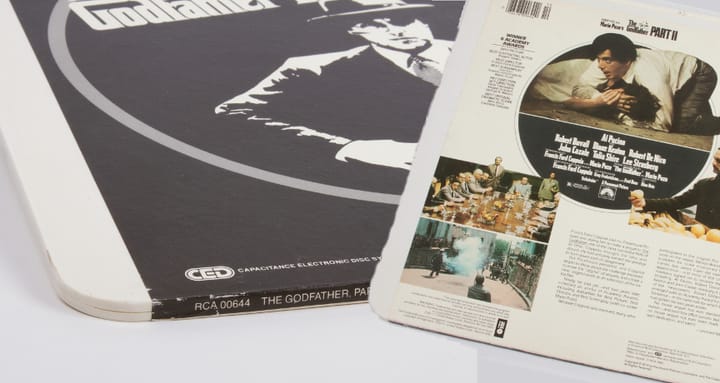Willkommen, again: “Cabaret” and its renewed relevance.
This film, made in the 1970s about the 1930s, is arguably more relevant to conditions in 2025 than it ever was.

“Willkommen, bienvenu, welcome…” These words, sung by Joel Grey, open the classic 1972 musical/drama film Cabaret, directed by Bob Fosse, which is based on the 1966 Broadway musical, itself based on Christopher Isherwood’s 1945 memoirs The Berlin Stories. Without a doubt Cabaret is one of the most famous and best-loved musical films of all time, and despite being made more than 50 years ago it ages extremely well. Grey, Fosse and star Liza Minnelli all took home Oscars for their work—not easy when the film was up against The Godfather in most of the top categories—and in 1995 it was chosen for preservation in the Library of Congress’s National Film Registry as a movie with particular historical and cultural importance. Probably millions of words have been written about this film, but re-watching it recently I was struck by how topical many of its themes and commentaries have become given recent events, especially those parts of the film dealing with cultural inclusion and the rise of fascism. Cabaret may indeed be a more interesting and relevant film in 2025 than it was in 1972.
Cabaret is primarily the story of Brian Roberts (Michael York), a bisexual British academic who arrives in Berlin in 1931 and his somewhat haphazard love affair with American-born showgirl Sally Bowles (Minnelli), the lead performer at a bawdy nightclub called the Kit Kat Club. The cultural mystique of late Weimar-era Germany is shown allegorically through the various musical numbers, most of which involve Sally and the bizarre “Emcee” (Joel Grey) who introduces most of the songs and directly sings several of them. While struggling to earn a living in Depression-wracked Berlin, Brian encounters various other characters in states of crisis, including a young man in love with a Jewish girl, and a dashing rake, also bisexual, who seems to want to be Brian’s sugar daddy. All of these characterizations reflect the cultural and political conflicts roiling in early 1930s Berlin. The seamless meld of catchy music and social commentary is one of the things that gives Cabaret its power. It’s neither purely a musical nor a history lesson, but combines both in a totally inventive way.


